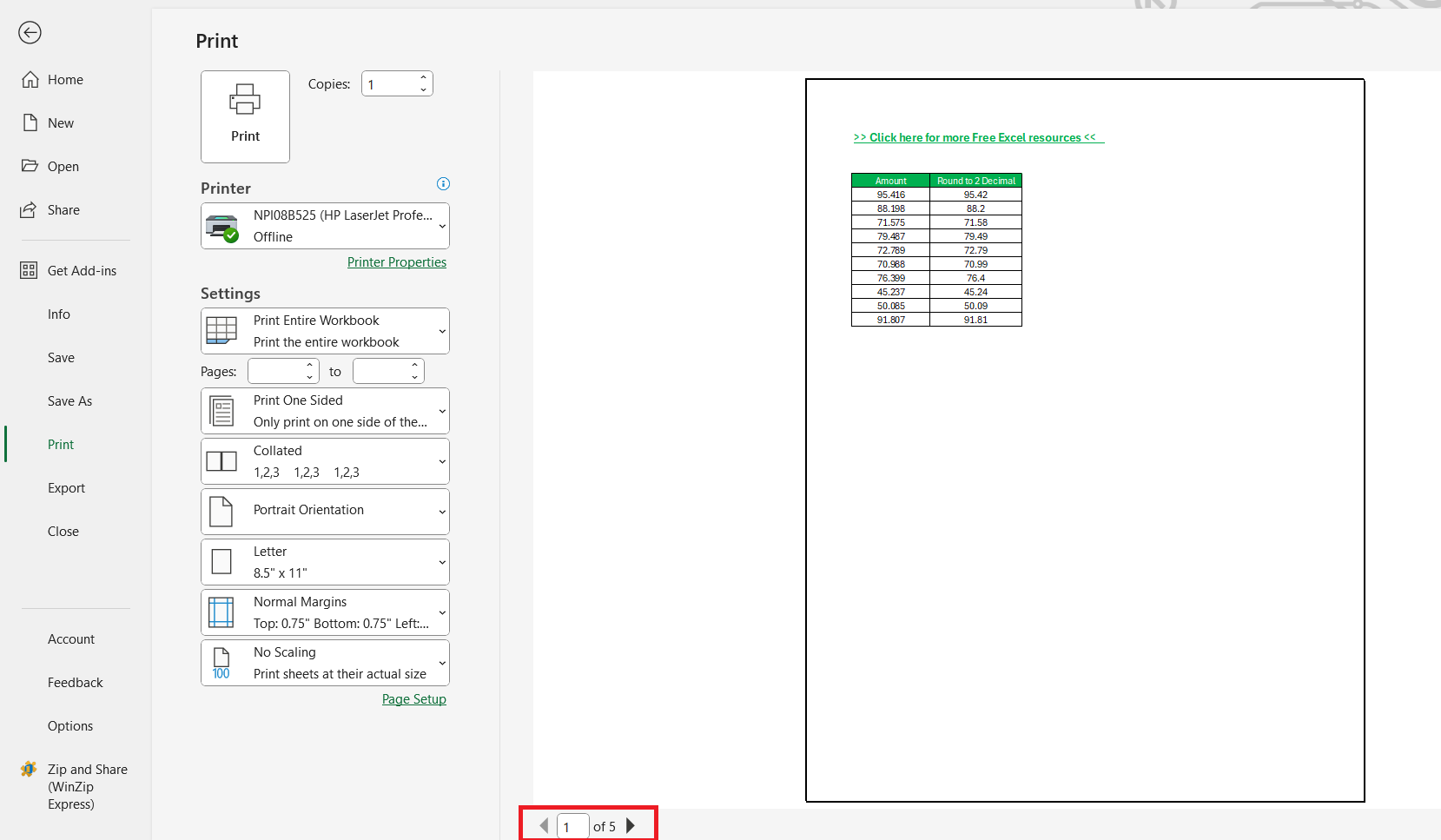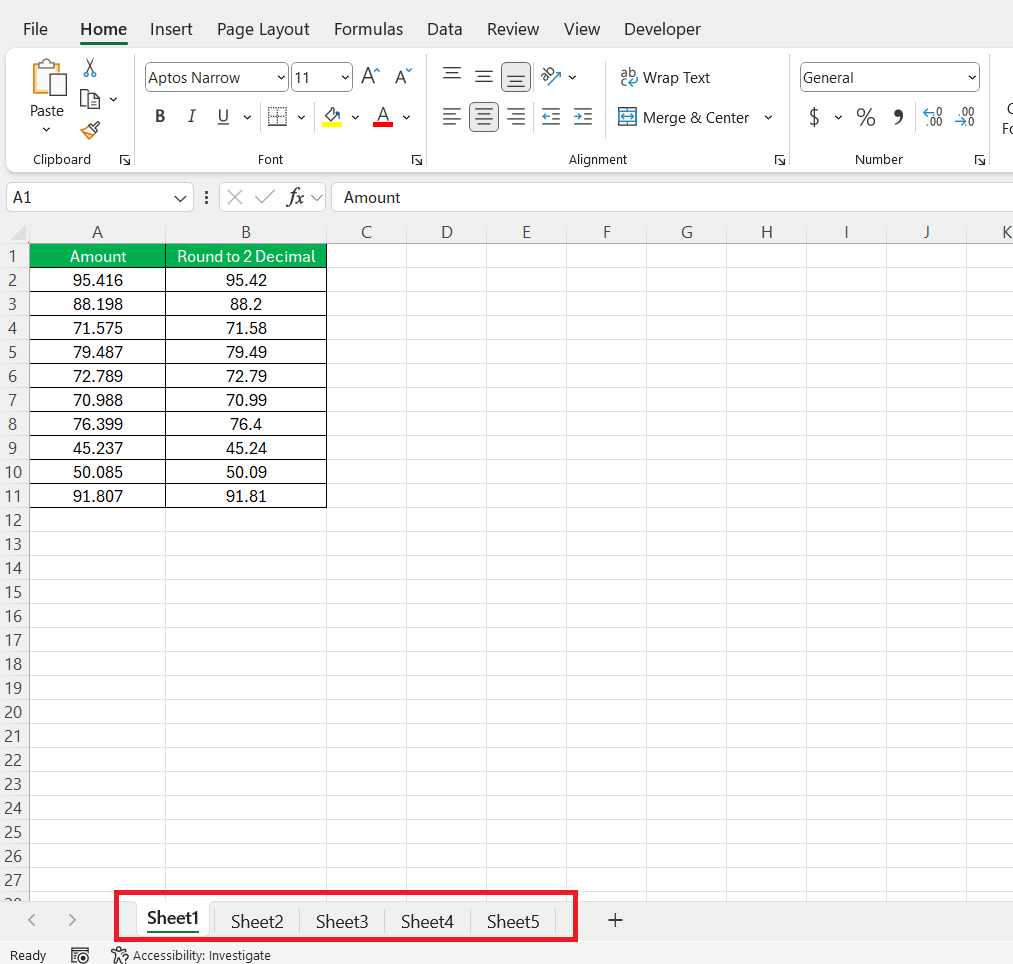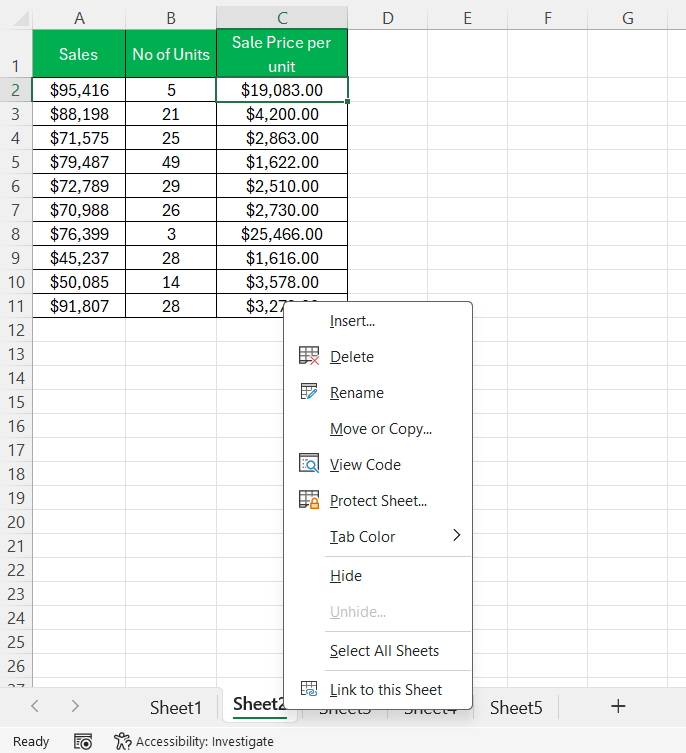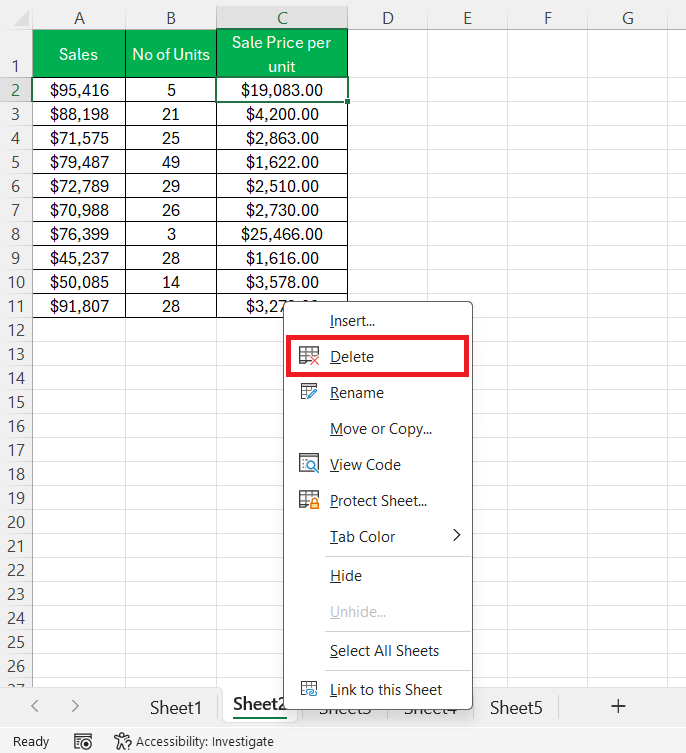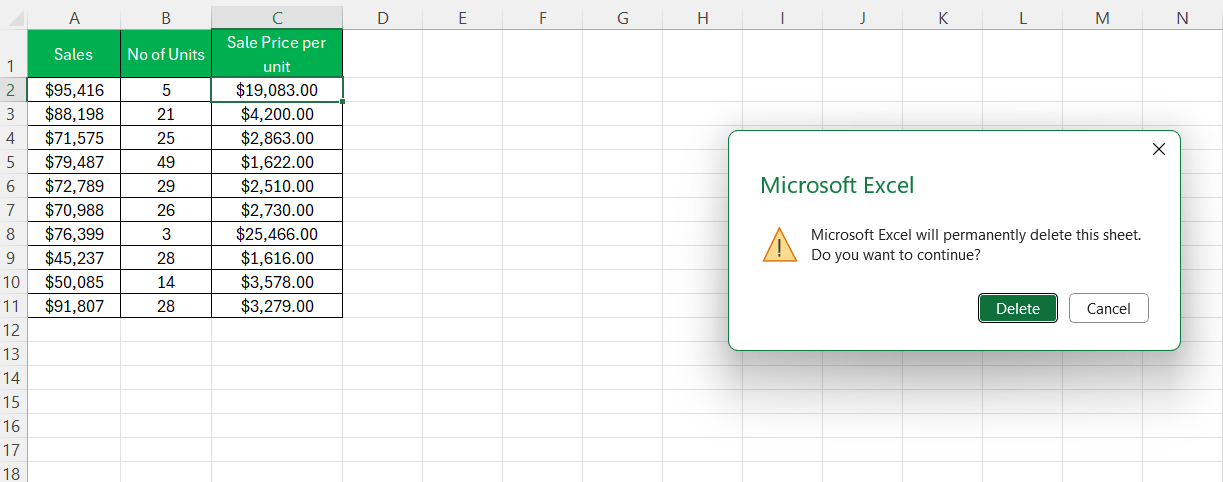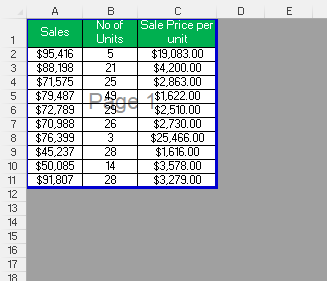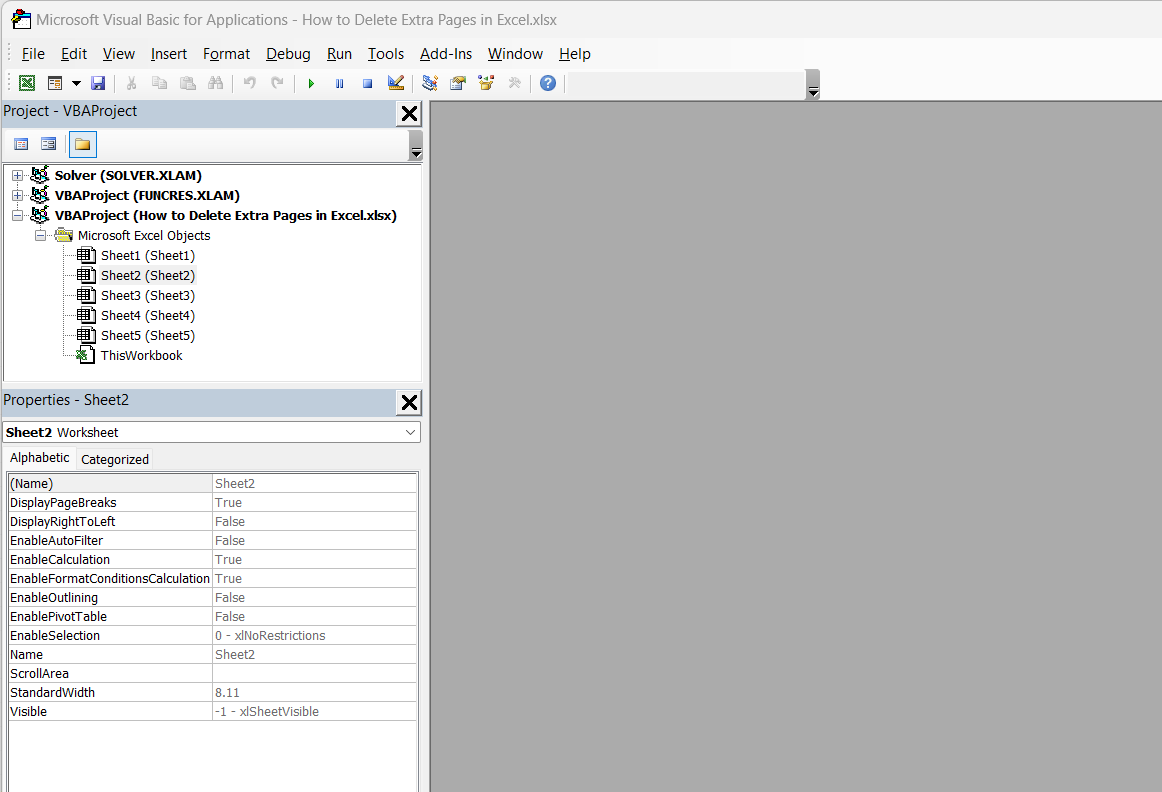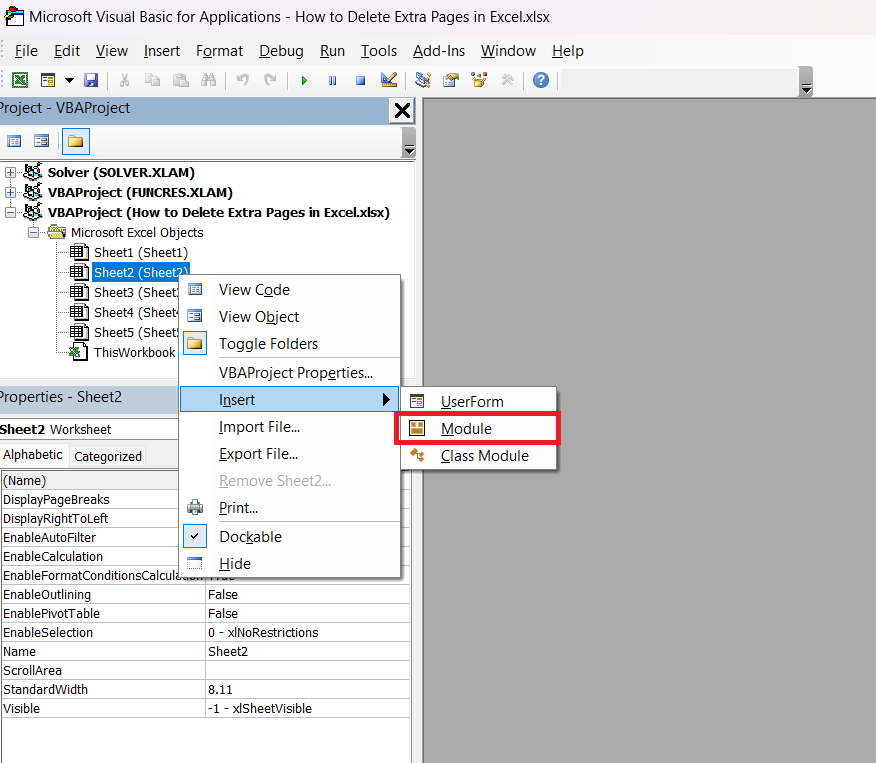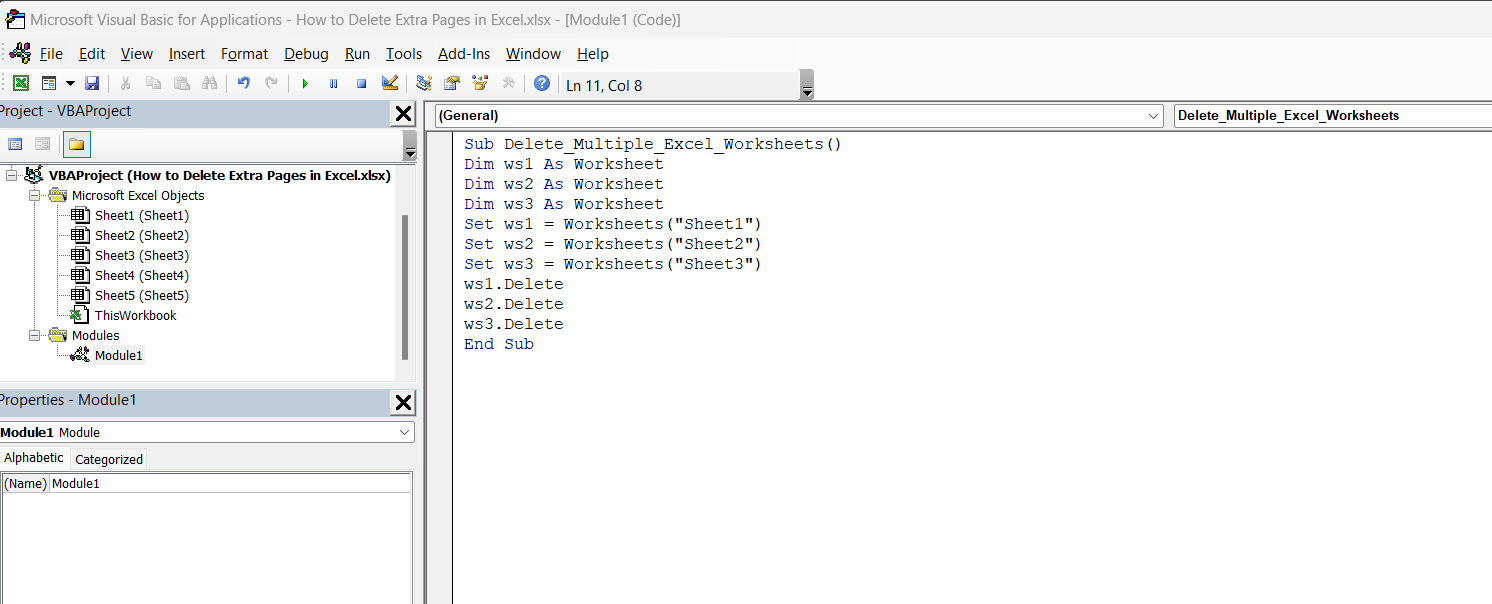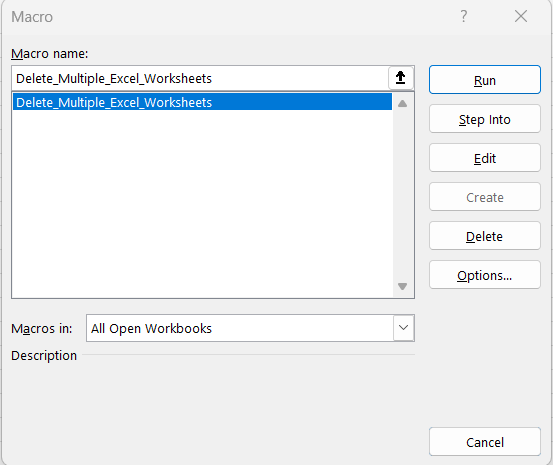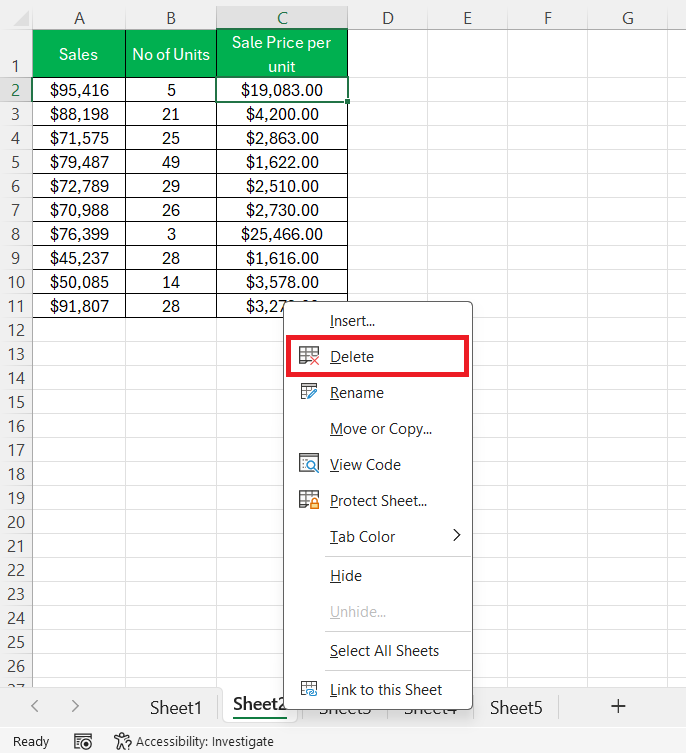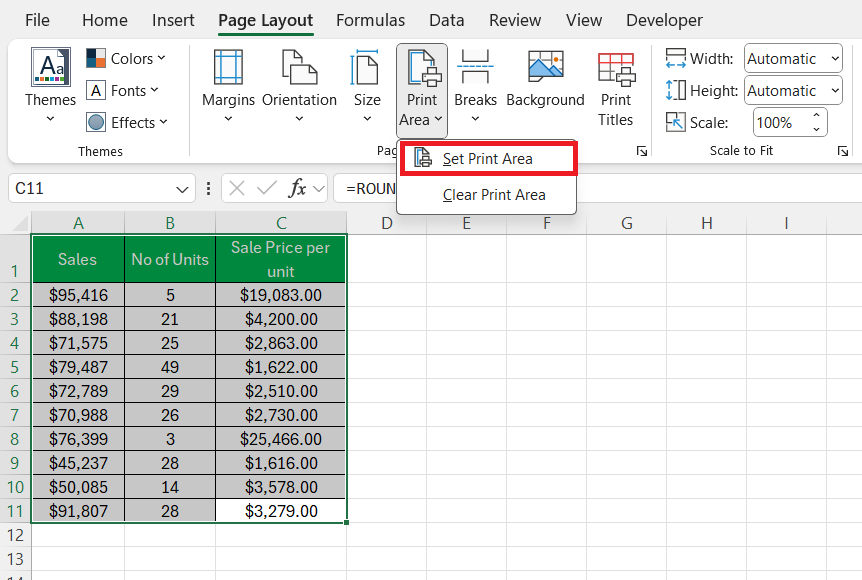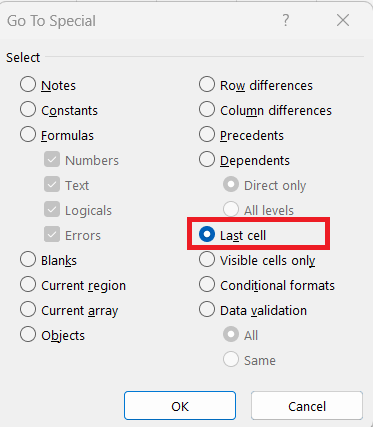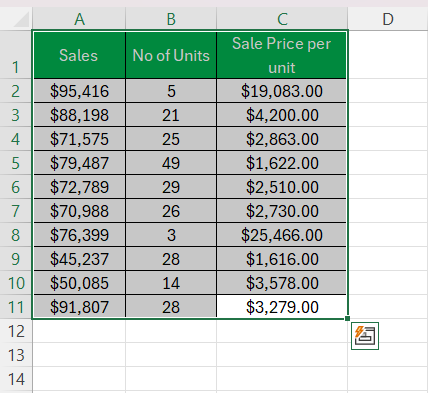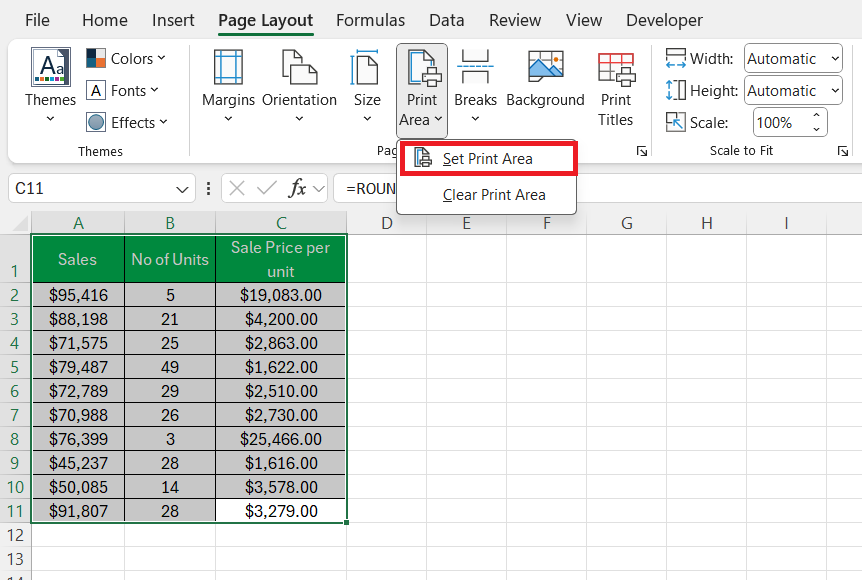Managing unexpected extra pages in Excel can be a frustrating experience, especially when they interfere with printing or data presentation. Addressing this issue is crucial for maintaining a polished and efficient workbook. In this guide, I’ll share practical tips and methods on how to delete extra pages, ensuring your spreadsheets stay clean and professional.
Key Takeaways:
- Use Print Preview (Ctrl+P) to check the total number of pages in your spreadsheet.
- Delete unwanted pages by right-clicking on the page tab and selecting “Delete.”
- Utilize keyboard shortcuts (Alt + H, D, S) for faster sheet removal.
- Adjust print settings and set the print area to prevent extra pages.
- Apply VBA macros for bulk sheet management and custom solutions.
Table of Contents
Introduction to Quick Excel Fixes
Facing the Extra Pages Dilemma
As an avid Excel user, I’ve found that one of the more perplexing problems is when unexpected extra pages pop up in a spreadsheet. It may seem like a minor annoyance, but it can cause significant issues when printing or presenting data.
Navigating this extra pages dilemma is essential to maintain a clean, professional look in your spreadsheets.
Streamlining Your Spreadsheets
Streamlining spreadsheets is akin to decluttering a busy workspace; it boosts efficiency and clarity. Removing those redundant pages not only polishes the presentation but also accelerates the retrieval of pertinent information. When I direct my focus on refining a workbook, I ensure it becomes a tool that serves its purpose without any hindrances—a fundamental step in data management that should never be overlooked.
Identifying and Removing Extra Pages in Excel
How To Check the Number of Pages That Are in Use?
To determine how many pages are in use within an Excel spreadsheet, I rely on a simple yet effective method. Pressing Ctrl+P opens the Print Preview, which provides an immediate count of the total pages ready for printing. This count is displayed above the print options and is a quick indicator of page use.
By using this technique, I swiftly identify if any additional pages, beyond what I need, exist. The Print Preview screen is an invaluable tool, not only for preparing documents but also for managing the overall structure of the data presentation.
How to Delete Extra Pages in Excel
If you notice extra pages during the print preview, here’s a quick method to delete them:
STEP 1: Navigate to the page tab at the bottom of the Excel window.
STEP 2: Right-click on the tab of the page you wish to remove.
STEP 3: From the context menu, select “Delete.”
STEP 4: Confirm the deletion when prompted.
Repeat these steps for each extra page you’d like to delete. It’s clear-cut and avoids the frustration of dealing with superfluous pages when you’re elbow-deep in data analysis or report generation.
Maintaining control over your spreadsheet’s pages will significantly contribute to a clean, organized workbook that communicates only the necessary data.
The Multipronged Approaches to Deleting Extra Sheets
Keyboard Shortcuts for Fast Deletion
For those who prefer keyboard shortcuts for speed and efficiency, here’s a swift way to delete multiple sheets in Excel:
- Hold down the
Altkey, let it go, and then sequentially pressH, followed byD, and finallyS. - If you’re prompted, confirm the deletion.
Employing this shortcut feels almost like a secret handshake among Excel power users. It swiftly removes what’s not needed without resorting to a more time-consuming, mouse-driven approach.
Using Excel’s Built-In Features
Excel is equipped with features that make sheet management a breeze. Here’s how to harness these tools to clean up your workbook:
STEP 1: Go to the ‘View’ tab and click on ‘Page Break Preview’. This reveals how Excel is currently managing the prints.
STEP 2: If you see extra pages delineated by dashed lines, simply drag the page break lines to adjust the print area manually.
Advanced Methods for Power Users
Utilizing VBA for Bulk Sheet Removal
For those Excel tasks that seem daunting, Visual Basic for Applications (VBA) can be a powerhouse, especially when it’s necessary to remove sheets in bulk. Here’s how I handle such tasks:
STEP 1: Press Alt + F11 to open the VBE (Visual Basic for Applications Editor).
STEP 2: Right-click on any of your sheet names in the ‘Project-VBAProject’ pane. Navigate to ‘Insert’ and choose ‘Module’ to create a new module.
STEP 3: In the module window, paste a variation of this code:
Sub Delete_Multiple_Excel_Worksheets()
Dim ws1 As Worksheet
Dim ws2 As Worksheet
Dim ws3 As Worksheet
Set ws1 = Worksheets("Sheet1")
Set ws2 = Worksheets("Sheet2")
Set ws3 = Worksheets("Sheet3")
ws1.Delete
ws2.Delete
ws3.Delete
End Sub
Replace “Sheet1”, “Sheet2”, and “Sheet3” with the respective names of the sheets to be deleted.
STEP 4: Run the macro to delete the specified sheets simultaneously.
The flexibility of VBA allows me to modify the code to suit specific needs, whether deleting a certain type of sheet or protecting data in others. After executing the code, always remember to save changes with macros enabled to retain the functional VBE.
Macros for Customized Sheet Management
Macros in Excel can revolutionize the way we manage sheets, offering a high degree of customization. The process typically starts by recording a macro while performing sheet management tasks manually:
STEP 1: I begin by activating the Developer tab, then click on ‘Record Macro’.
STEP 2: I carry out actions such as selecting and deleting specific sheets.
STEP 3: After completing the tasks, I click ‘Stop Recording’.
The macro is now stored and can be accessed through ‘Macros’ in the Developer tab, ready to automate the process in the future. For personal touches, such as conditional deletion or specific sheet naming conventions, I adjust the VBA code generated by the recorder.
These customized macros are my go-to when working on complex projects with recurring workbook structures; they save time and instill consistency across documents.
Keeping Your Sheets Print-Ready
Adjusting Print Settings to Avoid Extra Pages
To avoid printing unwanted extra pages, adjusting the print settings is key. Here’s how I manage print settings for optimal results:
- Navigate to the ‘Page Layout’ tab, where you can adjust settings such as orientation, size, and margins, which greatly influence how content fits on a page.
- Use the ‘Print Titles’ feature to repeat specific rows or columns across pages if necessary.
- Access ‘Print Area’ in the same tab to explicitly set which cells will be printed, ensuring no extra pages sneak in.
Remember that any adjustments should be thoroughly previewed in the Print Preview screen before finalizing to ensure precision in what is being printed.
Setting Up Your Print Area Correctly
Setting up the print area correctly in Excel is crucial for crisp, focused printouts without extraneous pages. Here’s how I set up my print area:
- Another useful feature is ‘Go To Special’. Located under ‘Find & Select’ in the ‘Home’ tab and select ‘Go to Special’.
- I click on Last Cell. This can instantly navigate you to the last cell with data, thus identifying where to trim excess rows or columns.
- I press Ctrl + A to select all cells I want to print.
- On the ‘Page Layout’ tab, I click on ‘Print Area’ and then choose ‘Set Print Area’.
Setting up the print area correctly ensures that only the content I want is neatly formatted on the printout, and this has been a game-changer for me when creating reports.
Preventative Measures to Avoid Future Issues
Tips on Organizing Spreadsheet Data
Organizing spreadsheet data effectively is an art in itself. Here are a few tips I’ve found indispensable over the years:
- Consolidate Data: Keep related data together in one worksheet to avoid fragmentation, making analysis easier.
- Use Tables: Convert ranges into tables for better data management and functionality.
- Name Ranges: Assign names to ranges of cells for easy reference in formulas and navigation.
- Harness Filters: Apply filters to sort data and make isolating specific information straightforward.
- Embrace Conditional Formatting: Highlight important data points automatically to draw attention where it’s needed.
Best Practices for Efficient Excel Use
Efficiency in Excel isn’t just about getting things done—it’s about doing them intelligently. Here are the best practices I’ve adopted for efficient Excel use:
- Plan Before You Execute: Outline what the final spreadsheet should achieve. This foresight saves time and resources.
- Leverage Excel Templates: Ready-made templates cater to various needs and provide a structured starting point.
- Stick to Keyboard Shortcuts: Over time, shortcuts can drastically reduce the time spent on tasks.
- Utilize Data Validation: Data validation rules help maintain data integrity and prevent errors.
- Regularly Review and Update: Keep spreadsheets current by reviewing and updating them to reflect the most accurate data.
Adhering to these practices fosters a disciplined approach to Excel, culminating in polished, potent spreadsheets that are easy to manage, navigate, and comprehend.
FAQs
How do I get rid of extra pages in Excel?
To get rid of extra pages in Excel, adjust the print area by selecting the data you wish to print and setting it as the print area under the Page Layout tab. Alternatively, in Page Break Preview, drag the page breaks to encompass only the cells you need to print. This should eliminate any unwanted pages.
How can I prevent extra pages from being created in the first place?
Preventing extra pages in Excel involves organizing your data within the print area from the start. Use the ‘Page Break Preview’ to adjust where pages will break and regularly check the print preview to ensure only desired content is included. Consistent data and layout review can mitigate the creation of extraneous pages.
Can I delete multiple sheets at once without using VBA?
Yes, to delete multiple sheets without VBA, click on the first sheet tab you want to delete, hold down the Ctrl key, and click on additional sheet tabs to select them. Right-click on one of the selected tabs and click ‘Delete’. Confirm the deletion when prompted. Remember, this action cannot be undone, so proceed with caution.
What is the shortcut to delete blank pages in Excel?
To swiftly delete blank pages in Excel, first select the rows or columns you want to remove. For rows, use Ctrl + Shift + Down Arrow to select, then Ctrl + - (minus key) to delete them. For columns, use Ctrl + Shift + Right Arrow to select, followed by Ctrl + -. Both actions will remove the blank areas that could translate into extra pages.
Why can’t I Delete a page in Excel?
If you’re unable to delete a page in Excel, it may be due to several reasons: the sheet might be protected, or it might be the only sheet in the workbook, as Excel requires at least one sheet. Ensure there’s no sheet protection and that you have multiple sheets, then try deleting the page again.
John Michaloudis is a former accountant and finance analyst at General Electric, a Microsoft MVP since 2020, an Amazon #1 bestselling author of 4 Microsoft Excel books and teacher of Microsoft Excel & Office over at his flagship MyExcelOnline Academy Online Course.

